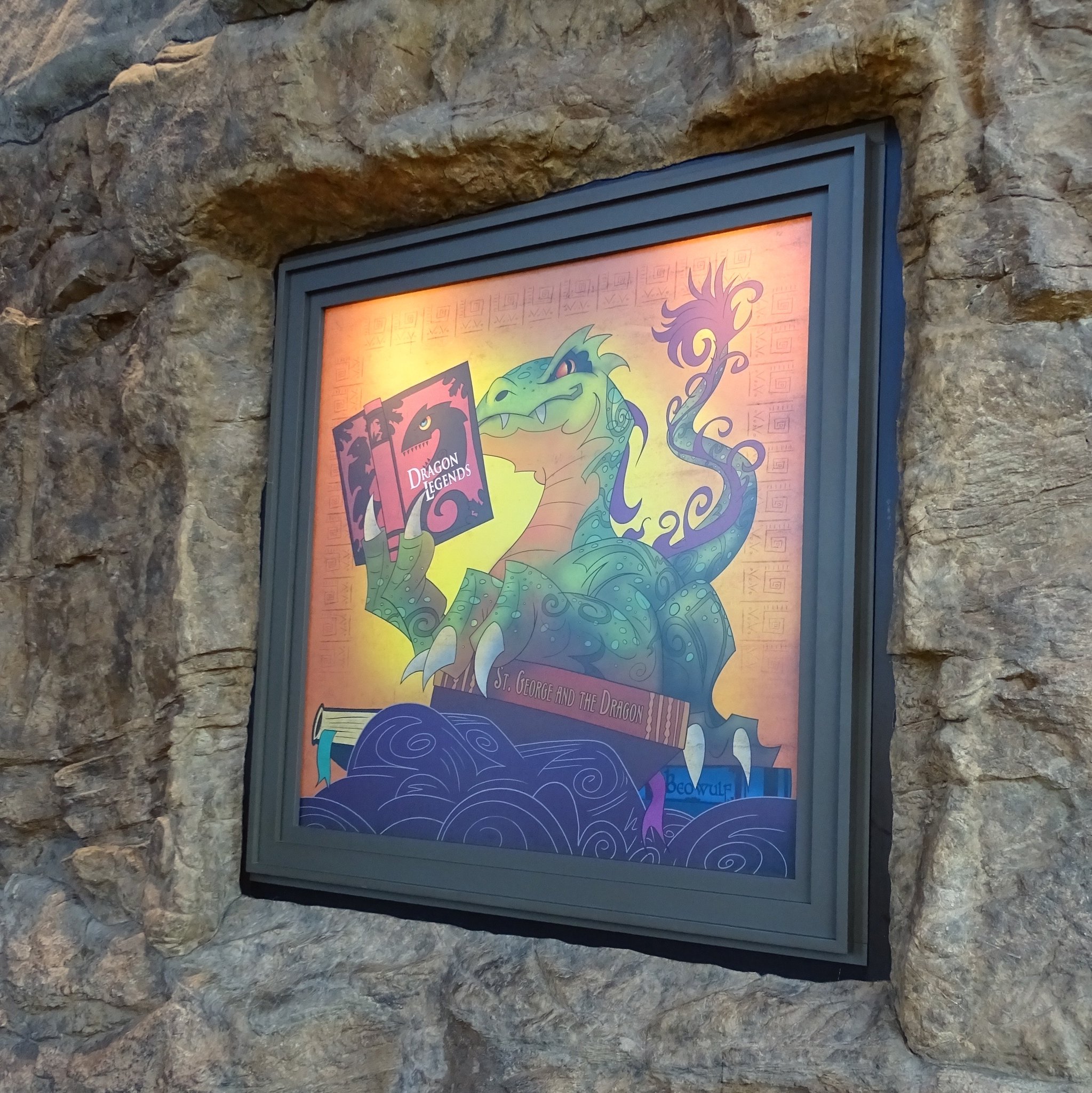Most of us, especially those of us who live in the United States, remember the volcanic eruption of Mt. St. Helens in May of 1980. The eruption initially caused huge flooding of the Toutle River, and destruction of most of the area around the volcano.
The ash cloud was carried eastward and covered all of Washington State on the eastern side, as well as parts of Idaho and Montana.
After the eruption, the whole geography of the area was dramatically changed, and scientists have now started looking at the similarity between the canyon and layers of rock left around Mt. St. Helens and the Grand Canyon.
Even though we were all taught that it took millions of years for the river to cut through the rock to form the Grand Canyon, it is entirely possible that this is wrong, and it could have happened rapidly, just like happened with the Mt. St. Helens volcanic eruption.
Here is a short video that explains how this happened in 1980-1982, and presenting the similarities with the formation of the Grand Canyon.
However, there many other videos on this subject that go into everything in much greater detail, if someone wants to do more research about this. This short one does give you the basic gist of the idea.



